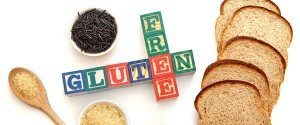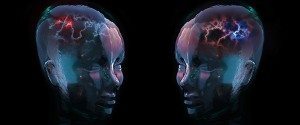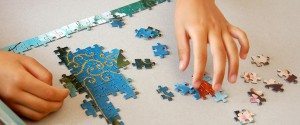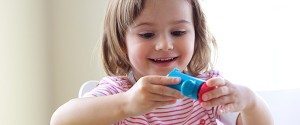Romance and Autism: Dating is more than possible for people with ASD
There is a common misconception that people with an ASD are not interested in relationships or romance. This simply isn’t true. While this population struggles with social skills and communication, this doesn’t equate with disinterest, even though the stress and sense of self-defeat may dissuade an autistic person from attempting romance. In a study done by Toronto’s Redpath Centre ,…










